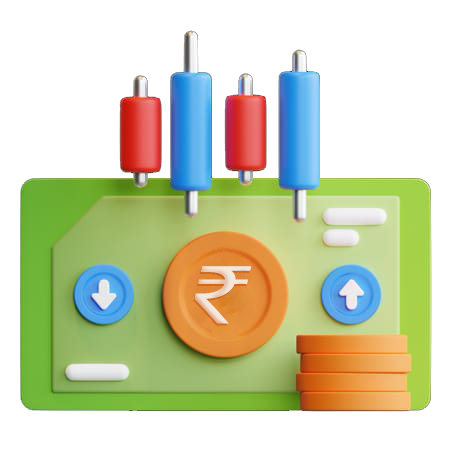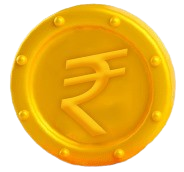Why Invest in Stocks?
Exclusive Opportunities
Gain access to high-potential stocks not available through traditional routes.
Expert Guidance
Leverage insights and analysis from seasoned market professionals.
Portfolio Diversification
Create balanced portfolios with stocks from diverse sectors.
Why Choose Equiwiz?
Tailored Investment Strategies
Enjoy flexible investment plans suited to your financial goals.
Advanced Market Tools
Utilize cutting-edge tools for real-time stock tracking and analysis.
Live Trading Insights
Participate in sessions guided by expert analysts to stay ahead of market trends.
Hassle-Free Account Setup
Get started with ease—no demat account required to explore stock opportunities.
Start Investing with Equiwiz Today
Take the first step in building a strong financial portfolio.
Get Started NowIndian Stock Market FAQs
Everything you need to know before you start investing in the Indian stock market.
The Indian Stock Market is a marketplace where stocks and securities of publicly listed companies are traded. The two main stock exchanges are the Bombay Stock Exchange (BSE) and the National Stock Exchange (NSE).
To buy stocks, you need a Demat account and a trading account with a registered stockbroker. Once these accounts are set up, you can trade stocks through a broker or online trading platforms.
The two major stock exchanges in India are the Bombay Stock Exchange (BSE) and the National Stock Exchange (NSE).
An index represents a collection of stocks that track a specific section of the stock market. Examples include the Nifty 50 and Sensex, which track the performance of top companies listed on NSE and BSE, respectively.
The stock market works on the principle of supply and demand. Investors buy shares (demand) and sell shares (supply) of listed companies. Prices fluctuate based on the demand and supply of stocks.
A market order buys or sells a stock at the current market price, while a limit order specifies the price at which you want to buy or sell a stock.
The stock market can be volatile, meaning stock prices can fluctuate significantly. Risks include loss of capital, market fluctuations, and economic changes.
A Demat (dematerialized) account is an electronic account that holds your shares and securities in digital format. It is necessary for trading in the stock market.
A trading account allows you to buy and sell securities in the stock market. It is linked to your Demat account, where the shares are held once you purchase them.
Dividends are the portion of a company’s profits that are distributed to shareholders. Companies typically pay dividends as a way to share their earnings with investors.


